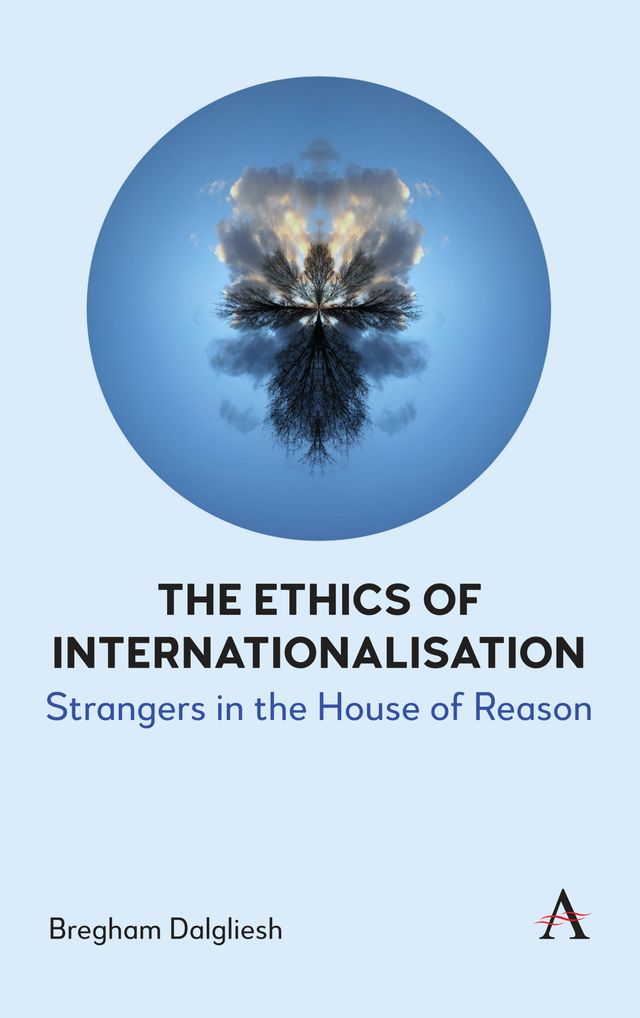Bregham Dalgliesh
ISBN: 9781839982545
Pages: 310
Pub Date: November 2025
Imprint: Anthem Press
Bregham Dalgliesh
ISBN: 9781839982545
Pages: 310
Pub Date: November 2025
Imprint: Anthem Press
A critique of the ethical dilemmas and political risks confronting global research universities engaged in the internationalisation of higher education.
The post-1990s commercial turn in the internationalisation of higher education has spawned the global research university (GRU). Promoting teaching initiatives and research partnerships in the name of the neoliberal knowledge economy, GRUs that play in the global higher education super league encounter numerous contradictions. The Ethics of Internationalisation is a critique of three of them: to reclaim internationalisation from its commercial hijackers, who are dazzled by the skyline of corporate globalisation, Bregham Dalgliesh outlines an ethical iteration that reimagines the university in respect of the existential imperative of the Anthropocene; secondly, he reveals the ethical dilemmas of transnational scholars, who face marginalisation when their difference confronts the ethno-national organisation culture of GRUs and their proclivity for sameness, which is embodied by local scholars; and, thirdly, he articulates the politics of the idea of the university, which under the logic of new public management valorises commercially viable research and vilifies critically valuable enquiry.
The book begins with an original approach of a philosophy of internationalisation. Using the method of problematisation, the introduction highlights the neoliberal challenges facing the university today and delves into a reinterpretation of the idea of the university. It also lays the groundwork for the rest of the discussion by explaining the personal and academic rationale behind the book. Chapter 1 pursues these themes and focuses on the crisis of internationalisation in the global north, where it is subject to a commercial hegemony that is blind to the switch in the conditions of possibility for thinking from globalisation to the Anthropocene. Chapter 2 takes its cue from this existential event. It outlines an ethics of internationalisation by tracing the genealogical origins of the international to show how an ethical rather than commercial imperative has always informed it. The second chapter also considers geopolitanism as a way to think trans-species subjectivity, which is the mode of becoming-animal that underpins the ethics of internationalisation. Chapter 3 turns to the concrete case of internationalisation in Japan. Through an autoethnography, it discloses the ethical dilemmas faced by transnational scholars in an ethno-national organisational culture, where local scholars schooled in sameness tend to denigrate the difference of faculty from outside who challenge entrenched normative orders. Chapter 4 continues the pragmatic concern. It analyses how informational capitalism infiltrates the university through the discourse of new public management, which poses a threat to thinking in general, especially the practice of critique within the university. As a remedy, the university as a heterotopia, or a counter-space that is also a counter-power, is proposed. Finally, the conclusion uses the concept of the stranger as a heuristic for universities internationalising under the commercial logic and keen to switch to an ethical mode. Strangers, such as transnational scholars, are unsettling figures whose perspectivism enables them to voice the ethical and political dilemmas that arise at the front-line of internationalisation. They hereby implore an unconditional hospitality from the university in the name of its denationalisation, which is the prerequisite for thinking the existential event of the Anthropocene.
